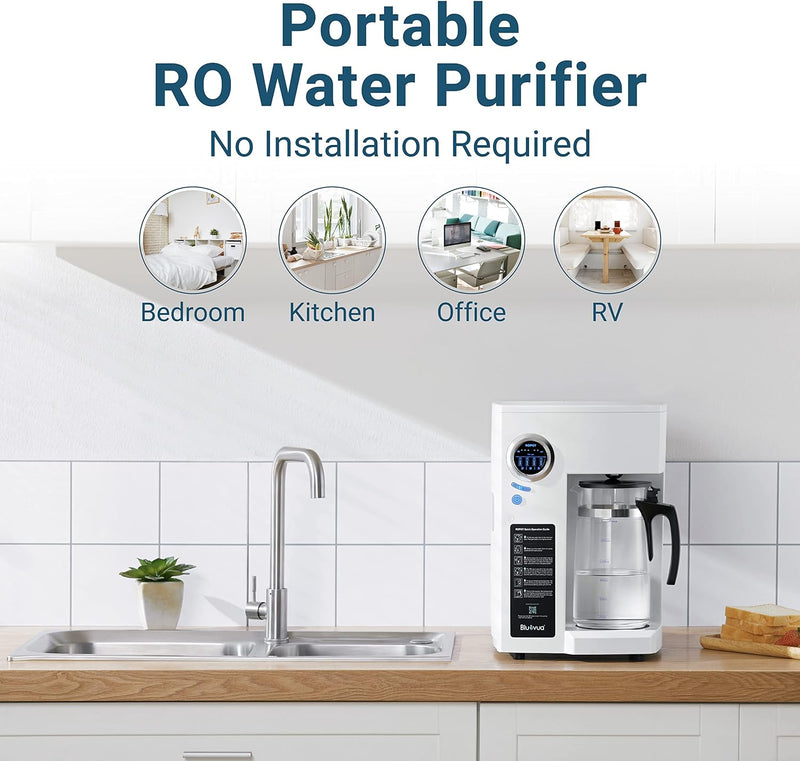Maintaining and Cleaning Your Countertop Reverse Osmosis Water System in an Industrial Setting
Corps
In an industrial setting, ensuring the purity of water is crucial. A countertop reverse osmosis water system offers an effective solution for obtaining clean and safe drinking water. However, regular maintenance and cleaning are essential to keep the system functioning optimally. This article will guide you through the necessary steps to maintain your system effectively.

Understanding the Countertop Reverse Osmosis Water System
A countertop reverse osmosis water system utilizes a multi-stage filtration process to remove impurities from water. This system is compact and easy to install, making it ideal for various industrial applications. But how does it work? The process involves:
- Pre-filtration to remove larger particles.
- Reverse osmosis membrane that filters out dissolved solids.
- Post-filtration to enhance taste and quality.
By understanding these stages, you can appreciate the importance of regular maintenance.
Importance of Regular Maintenance
Why is maintenance so critical for your countertop reverse osmosis water system? Regular upkeep ensures:
- Optimal performance and efficiency.
- Extended lifespan of the system.
- Consistent water quality.
Neglecting maintenance can lead to reduced water quality and system failure, which can be costly and inconvenient.
Steps for Cleaning Your Countertop Reverse Osmosis Water System
Cleaning your system is straightforward but requires attention to detail. Here are the steps to follow:
- Turn off the system and disconnect it from the power source.
- Remove the filters according to the manufacturer's instructions.
- Clean the housing and components with a mild detergent and warm water.
- Replace the filters as needed, ensuring they are compatible with your system.
- Reconnect the system and run water through it for a few minutes to flush out any remaining contaminants.
"Regular maintenance not only prolongs the life of your system but also ensures you are drinking the purest water possible." - Water Quality Expert
When to Replace Filters in Your Countertop Reverse Osmosis Water System
Knowing when to replace filters is vital for maintaining water quality. Generally, filters should be replaced every 6 to 12 months, depending on usage and water quality. Signs that indicate a need for replacement include:
- Unusual taste or odor in the water.
- Reduced water flow from the system.
- Visible discoloration of the filters.
By keeping an eye on these indicators, you can ensure your countertop reverse osmosis water system continues to deliver high-quality water.
Conclusion
Maintaining and cleaning your countertop reverse osmosis water system in an industrial setting is essential for ensuring the safety and quality of drinking water. By following the steps outlined in this article, you can keep your system running efficiently and effectively. For more information on specific products, consider checking out the latest models and their maintenance guides.
References
 ``` This HTML document provides a comprehensive overview of maintaining and cleaning a countertop reverse osmosis water system in an industrial setting, adhering to the specified requirements. It includes structured headings, lists, a quote, and multimedia elements to enhance engagement and understanding.
``` This HTML document provides a comprehensive overview of maintaining and cleaning a countertop reverse osmosis water system in an industrial setting, adhering to the specified requirements. It includes structured headings, lists, a quote, and multimedia elements to enhance engagement and understanding. 











commentaires